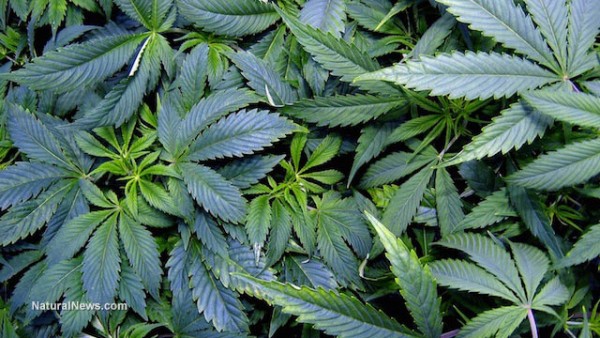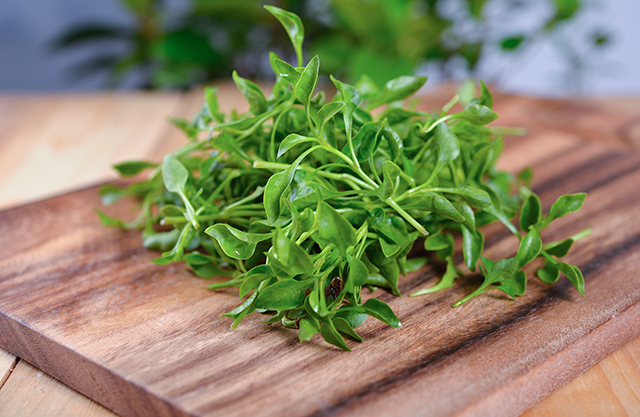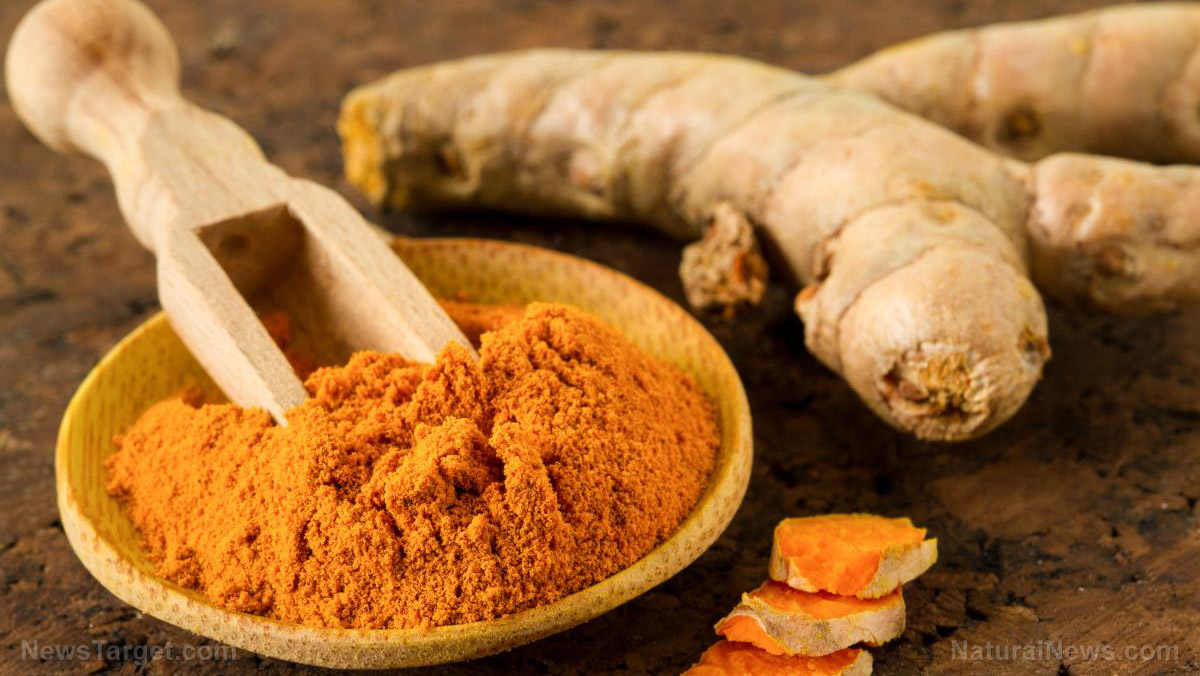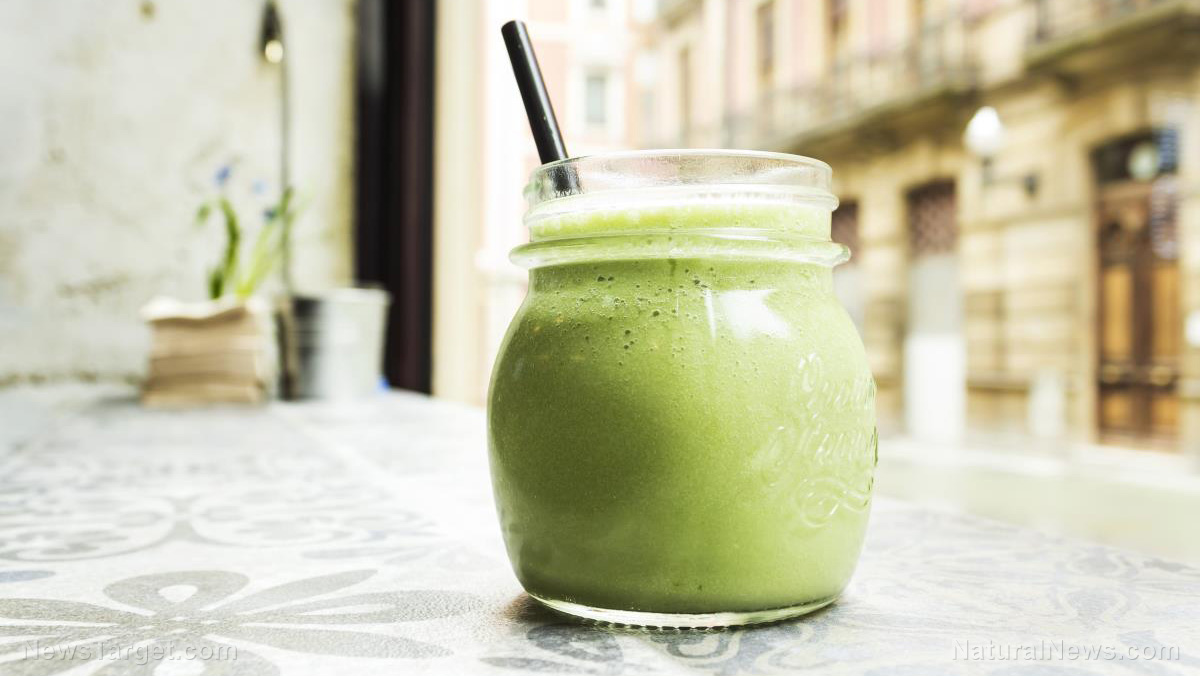These 5 popular prescription drugs could be replaced with medicinal marijuana
03/14/2016 / By D. Samuelson

That pharmaceutical drugs are labeled “popular” belies a tragic commentary on the success of death merchants promoting their womb to tomb toxic concoctions. These sample poisons arrive on the shelves via targeted media and promotional campaigns, aided by a well-oiled pipeline of white washed sepulchers posing as physicians. But here’s the good news: a national trend of recognizing and delivering the healing powers of herbs is underway. Move over Big Pharma, because some of your death inducing pharmaceuticals can be replaced by medical marijuana for many patients who suffer from conditions like chronic pain, anxiety, ADHD, insomnia and depression.
The list of five begins with Vicodin, a highly prescribed pain medication. While not a pure narcotic like Oxycontin, Vicodin does have an opioid component called hydrocodone mixed with acetaminophen, or Tylenol. Misuse of any narcotic can lead to death. In fact, according to The Week, the Purdue pushers of Oxycontin have been blamed for single handedly creating an opiate addicted culture in the U.S. and was fined over $600 million for that offense:
“In 2007, in United States of America v. The Purdue Frederick Company, Inc., Purdue and its top executives pleaded guilty to charges that it misled doctors and patients about the addictive properties of OxyContin and misbranded the product as ‘abuse resistant.’ Prosecutors found a ‘corporate culture that allowed this product to be misbranded with the intent to defraud and mislead.’ Purdue Pharma paid $600 million in fines, among the largest settlements in U.S. history for a pharmaceutical company.”
Medical marijuana of all strains, types, and delivery methods, including cannabidiol, or CDB oil, never killed anyone. On the contrary, it has saved lives.
And then there’s Xanax, the number one prescribed psychiatric medication in the United States. Xanax is a benzodiazpam and can be extremely addictive and dangerous. Certain strains of medical marijuana may help lessen panic and anxiety, as reported in ATTN:
“Humans have natural endocannabinoid systems that regulates anxiety, and when certain cannabinoids are introduced to the body, they have been shown to significantly reduce anxiety.”
Another area where medical marijuana can replace the pharmaceutical’s market share is for those individuals who have been prescribed Adderall, a stimulant used to combat what is commonly called Attention Deficit Disorder. One wonders if this relatively new scourge is created by the technological onslaught of digital media forced into our children’s brains and eyeballs, combined with our disconnectedness with nature and the relentless competition of the times and season we live in. College students have been known to feign ADHD symptoms in want of some stimulant to pull off all night study sessions. Whether created, real or contrived, no one knows the end game of Adderall and Ritalin. Seems that certain strains of medical marijuana would be a much more prudent choice.
Fourth on the list of pharmaceuticals that could be replaced by medical marijuana is Ambien, a sleep aid used for insomnia. Data compiled by Leaf Science states:
“… chemicals in marijuana, known as cannabinoids, actually mimic the activity of chemicals naturally found in the brain. These biological pathways make up the body’s endocannabinoid system, which is responsible for sleep, among other things.”
Other benefits of medical marijuana for sleep disorders include falling asleep faster, sleeping more deeply and experiencing better breathing, which is critically important for apnea disorders.
Number five on the list of pharmaceuticals getting the brush off for a medical marijuana alternative is the antidepressant Zoloft. The long list of dangers of antidepressants created with SSRIs, or serotonin reuptake inhibitors, include birth defects, suicide and homicide. It’s abundantly clear that the amazing marijuana herb, originally given to man in the garden is a far more appropriate way to handle these issues, yes?
In conclusion, let’s review one line from Hippocratic Oath, written in 400 B.C., courtesy of the Internet Classics Archive:
“I will give no deadly medicine to any one if asked, nor suggest any such counsel; and in like manner I will not give to a woman a pessary to produce abortion…”
Let’s get back to life and health. Let’s get back to the garden. Let’s get back to the herb. We were created for it, and it was crafted especially for us.
Sources:
Tagged Under: activists for marijuana use, Alternative healing, beneficial use of cannabis, Benzodiazepines, big pharma evil, cannabidiols, CDB Oil, Compassionate Use Medical Marijuana Act, endocannabinoid, oxycontin



















